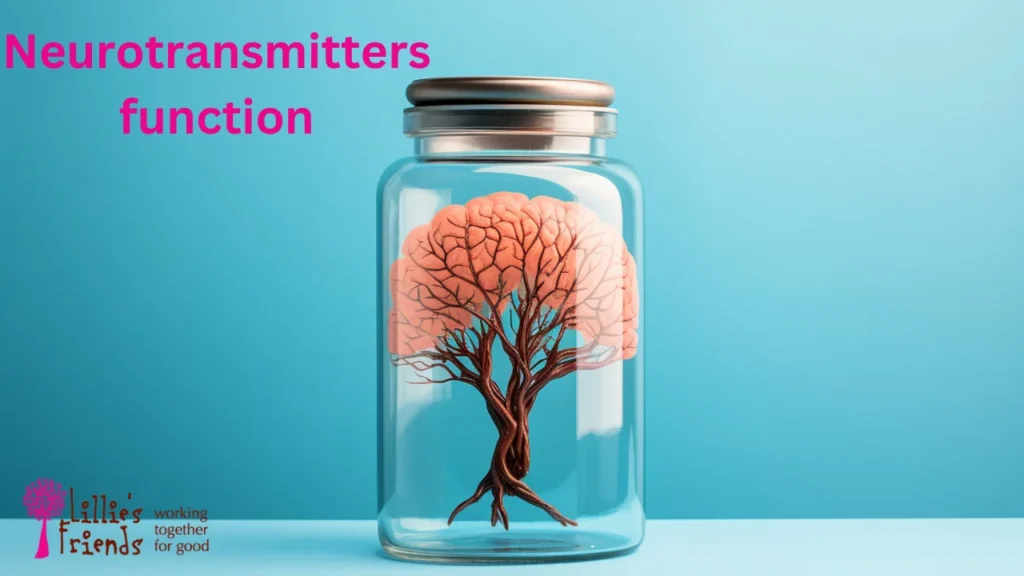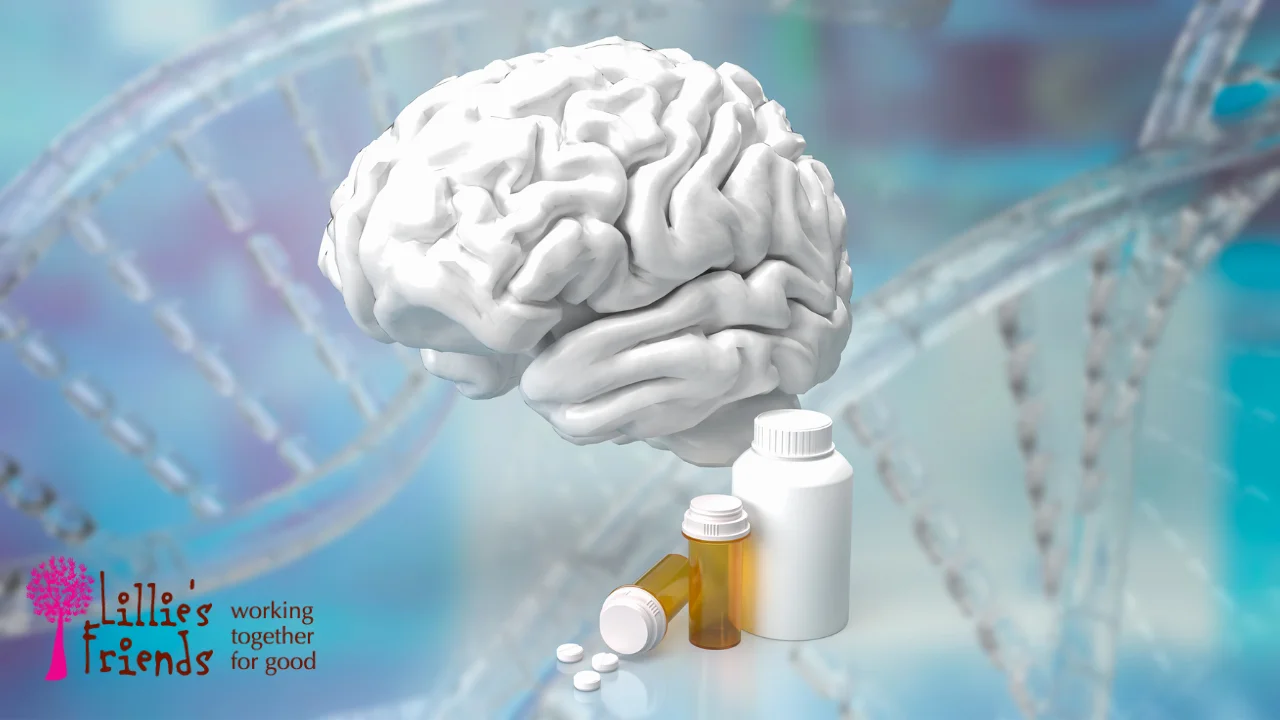The human body contains about 100 different kinds of chemical messengers known as neurotransmitters. They are essential for brain function and assist regulate a variety of bodily activities such as appetite, breathing, and heart rate.
Neurotransmitters not only regulate physiological processes, but they also help people learn and govern emotions such as fear, pleasure, and happiness. Continue reading to discover more about how neurotransmitters affect mental health.
What are the neurotransmitters?
Neurotransmitters are nervous system components that your body need to operate properly. They are necessary for numerous bodily functions and human development because they increase and balance messages in the brain.
Neurotransmitters send chemical “messages” from one neuron (nerve cell) to the next target cell. The target cell might be a gland, muscle, or nerve cell.
Our brains continually regulate everything from breathing to heartbeat to learning and concentration levels using billions of neurotransmitter molecules.
What do neurotransmitters do?
The nervous system controls the body’s organs and takes part in practically every physical function. Neurotransmitters in the brain are essential parts of this system.
In short, neurotransmitters facilitate cell communication. They migrate between cells, attach to specific brain receptors, and trigger the target cells to respond when they connect. Each neurotransmitter attaches to one or more receptors. Dopamine molecules, for example, may attach to dopamine receptors.
Neurotransmitters function.
Neurotransmitters are necessary for the brain to control a variety of important activities, including:

Types of neurotransmitters
Over 100 neurotransmitters have been identified by professionals, with more being discovered. These neurotransmitters are categorized into three major groups based on their function.
- Inhibitory neurotransmitters reduce the possibility that the target cell will respond by stopping the chemical message from being sent further.
- Excitatory neurotransmitters cause a target cell to activate by firing neurons, which continue to convey the chemical message.
- Modulatory neurotransmitters may connect with a large number of neurons at once.
- These three groups include hundreds of distinct neurotransmitters. The most often found are acetylcholine, endorphins, dopamine, GABA, and serotonin.
What role do neurotransmitters have in mental health?
A neurotransmitter imbalance may lead to mental health concerns. If the chemical system of communication between the brain and body is interrupted in any way, patients are likely to exhibit one or more of the symptoms frequently associated with mental diseases.
Lower serotonin levels[1*] may contribute to depression. Abnormal dopamine levels may raise the risk of schizophrenia[2*] and ADHD[3*]. These are merely two examples. In reality, neurotransmitter imbalances or shortages cause a broad variety of additional symptoms and consequences. They may produce food cravings, impulsive behavior, mood swings, and a variety of other symptoms.
Neurotransmitters linked to mental health
The most well-known neurotransmitters linked to mental illnesses are discussed in the following section.
| Neurotransmitters | Associated functions |
| Serotonin | It influences mood, behavior, sleep, and memory control. Low serotonin levels have been associated with depression and other mental health disorders. Many medicines used to treat depression, anxiety, and other mood disorders operate by increasing serotonin levels in the brain. |
| GABA (gamma aminobutyric acid) | A primary inhibitor of the central nervous system. It is a mood stabilizer, and low levels are associated with schizophrenia, sleeplessness, anxiety, and sadness. Anxiety may be relieved with drugs known as “benzos,” or benzodiazepines. They operate by increasing GABA activity. These medications provide a relaxing effect. |
| Epinephrine | Epinephrine (also known as adrenaline) aids the body’s “fight-or-flight” reaction. When a person feels stressed or afraid, their body produces adrenaline. |
| Endorphins | They diminish pain signals. Induce a sense of pleasure. They are related with happiness and are released during a variety of activities, including excellent meals, romance, and sex. |
| Dopamine | Dopamine is a neurotransmitter that regulates blood flow, behavior, memory, and learning. Dopamine is a neurotransmitter that the brain produces when you engage in rewarding activities. Too much dopamine concentration in certain parts of the brain, while inadequate dopamine in others, is linked to physical, behavioral, and cognitive consequences. |
| Acetylcholine | It influences motivation, memory, and focus. Acetylcholine shortage has been related to memory and cognitive disorders, such as Alzheimer’s[4*] disease. A few Alzheimer’s disease treatments delay the body’s normal process of acetylcholine breakdown. This may help with symptoms such as memory loss. |
To conclude.
There are several essential chemicals that, if created in excess, might cause mental health problems. However, health specialists are currently investigating the intricate relationships between neurotransmitters and mental health.

